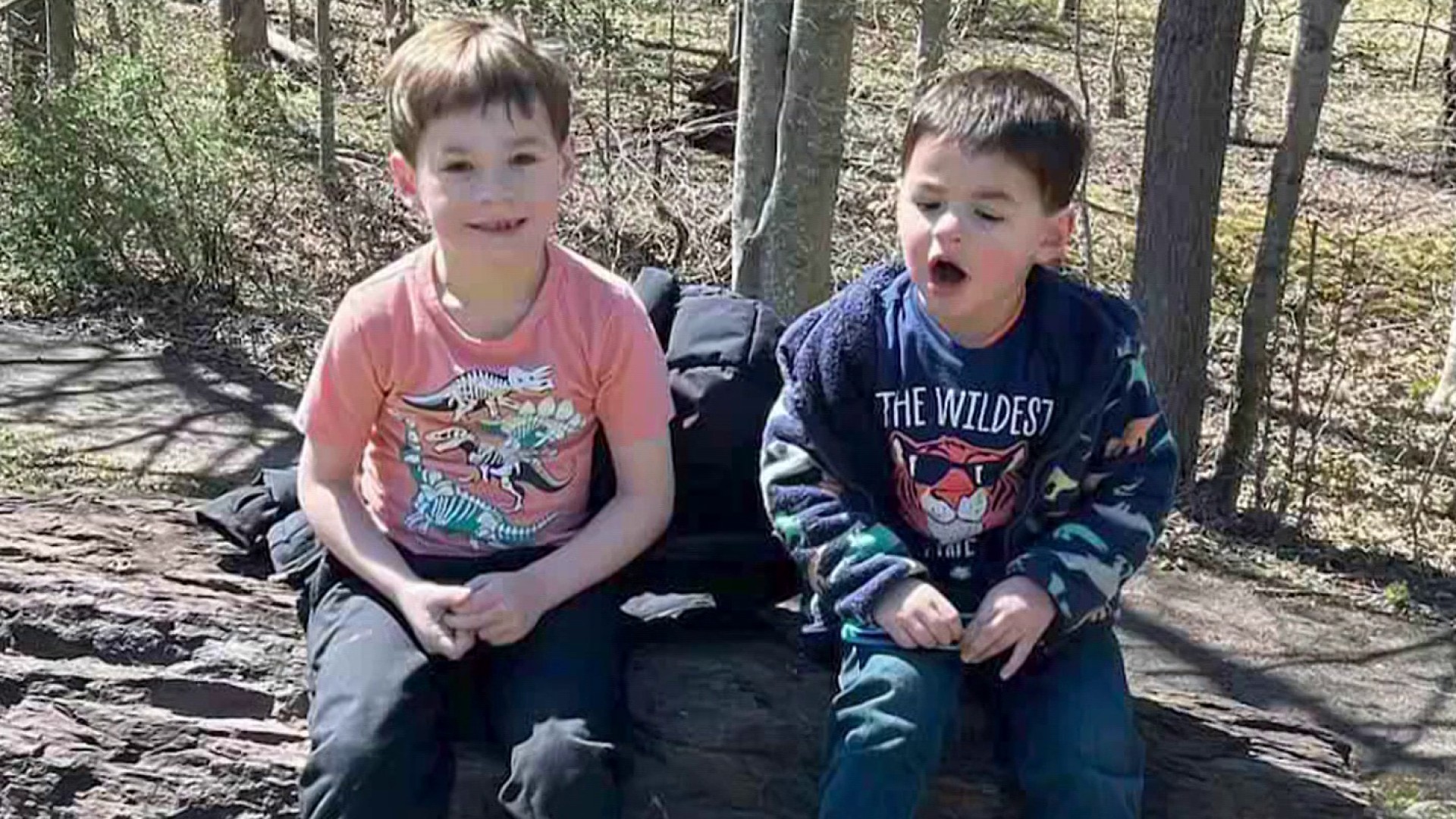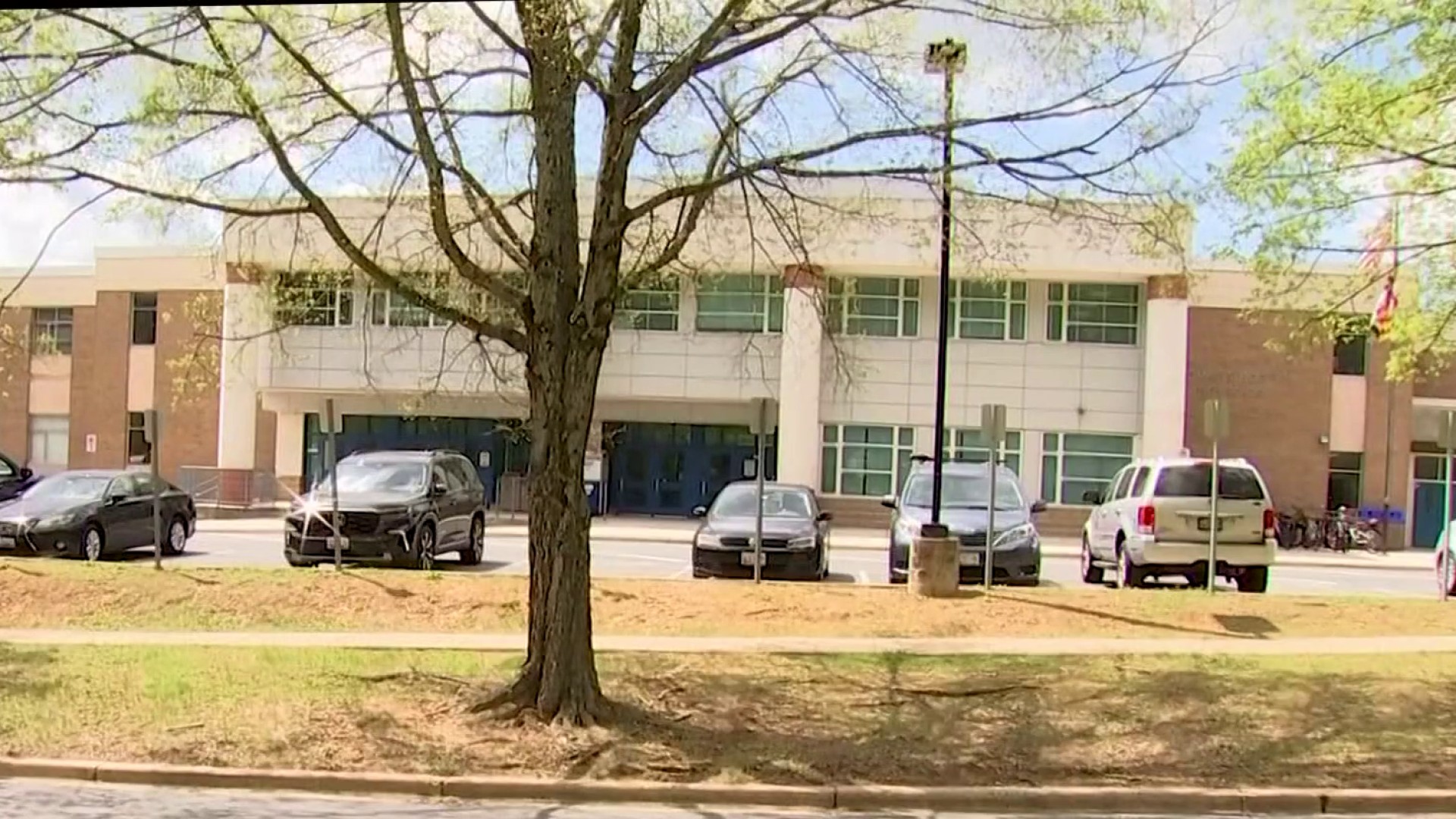With the help of thousands of strangers, a 7-year-old Virginia boy's family got their hands on an experimental drug that may have saved his life. Now, nearly a year later, his family is thinking about their future -- and counting their blessings for an inspiring intervention.
Josh Hardy, now 8, first made headlines in March 2014 when he caught a rare viral infection that began shutting down his organs, after a bone marrow transplant to treat cancer.
When his family heard of an experimental drug to treat the illness, they begged the pharmaceutical company to give it to Josh -- at first, with no success. The company wouldn't grant Josh the drug, Brincidofovir, saying it was still in clinical trials.
But that was before "Josh's Army" stepped in.
Fearing that Brincidofovir was the only thing that had a chance of saving their beloved son -- and knowing they had just days to do it, Josh's parents turned to social media and ignited the #SaveJosh campaign.
"I had something that was gonna save our son's life and... right or wrong, we were gonna do it," Josh's mother, Aimee Hardy, said.
Josh's doctors had requested the drug from pharmaceutical company Chimerix through a program called Expanded Access, which gives patients a legal way to access drugs still under investigation by the FDA.
Local
Washington, D.C., Maryland and Virginia local news, events and information
Expanded Access is complicated; an FDA spokesperson said they usually grant most requests for investigational drugs, but then it's up the drug manufacturers to ultimately make the decision.
"Sometimes companies might be close to getting FDA approval and they don't want a piece of bad publicity or a negative event derail the progress," Dr. Jeffrey Dome with Children's National Health System said.
But Josh's family's relentless social media campaign worked, especially after the Max Cure Foundation got involved.
"I knew that once we told Josh’s story on Facebook, and activated our Tweet Warriors, the community wouldn’t stand for it and they would let their voice or in this case, their roar, be heard," said the foundation's marketing director, Erica Bailey, in a post on Max Cure's site.
The foundation's first Facebook post to #SaveJosh reached more than half a million people, all while his family's Save Josh Hardy Facebook page racked up tens of thousands of followers.
As hope grew and attention ballooned, the #SaveJosh hashtag began trending on Twitter, and thousands of online supporters signed WhiteHouse.gov and Change.org petitions to beg the company to release the drug. Even Washington Redskins quarterback Robert Griffin III shared Josh's story on Twitter.
The social media onslaught worked -- and it worked fast. After just a little more than a week, Chimerix announced that it would allow Josh to receive the medication. And after just three doses, Josh began to recover.
The Hardys, who hail from Fredericksburg, Virginia, lived in Tennessee for nearly seven months as Josh received treatment at St. Jude Children's Research Hospital.
Now, nearly a year later, Josh and his family -- which includes brothers Joe, Jack and Jude -- are looking back on his journey.
"I appreciate your help and I'm doing good," said Josh, now 8.
He's back home now in Virginia, but still facing a long recovery. After spending a hundred days in the hospital, his muscles atrophied to the point that he needs to learn to walk again. Josh's immune system remains compromised; he wears a face mask, and his mother has placed hand sanitizer all over their home.
But despite all the safety measures, Josh is simply looking forward to all the fun in his future.
"[I want to go to] Funland and Chuck-E-Cheese and out to dinner... and maybe a Washington Wizards game," Josh said.
His mom has even bigger dreams for him.
"I want him to play baseball and slide home after he hits a great hit, and go to school, go on family vacations and dive in the ocean waves," she said. "The whole nine yards."
Josh's case has inspired legislation in Virginia that would make it easier for terminally ill patients to get access to unapproved medications. That legislation is currently pending.



